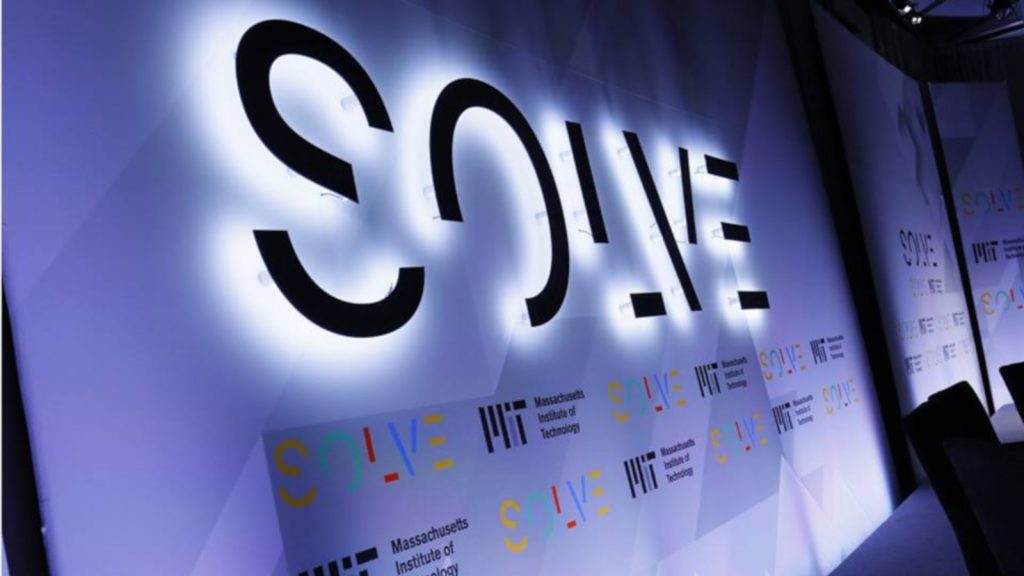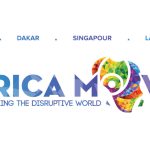In a move that signals a major leap forward in generative AI, OpenAI has quietly rolled out ChatGPT-5, its most advanced model to date….
Here are the African innovators, startups taking part in this year’s MIT Solve event

At least nine African startups will take part in this year’s Solve at MIT event which kicks off tomorrow (7 May) at the Massachusetts Institute of Technology in the US.
The invite-only initiative brings together the world’s top innovators to solve global issues. The innovators, or Solvers, are selected from four Global Challenges that MIT Solve issues annually.
Last year’s edition sought solutions for Coastal Communities, Frontlines of Health, Teachers and Educators, and Work of the Future.
The 2018 Solver class includes nine African startup teams
At the event, the Solver class presents their solutions to challenges and participates in workshops to develop business partnerships and procure funding to implement their solutions.
The African startups and team leads that will attend the event hail from Benin, Ghana, Kenya, Nigeria and Rwanda. They are:
Coastal Communities
ColdHubs (Nnaemeka Ikegwuonu, Nigeria): ColdHubs brings solar-powered refrigeration to off-grid communities, enabling fishermen and farmers to preserve perishable food from between two to 21 days.
Green Keeper Africa (Fohla Mouftaou, Benin): Green Keeper Africa has developed GKSORB, an absorbent organic fibre made of water hyacinth that absorbs and cleans up oil-based pollutants. The GKSORB fibre can also be used to create an assortment of products for construction, oil storage and manufacturing companies.
Teachers and educators
Moringa School (Audrey Cheng, Kenya): Moringa School is a learning accelerator that provides young Africans with digital and professional skills training. Moringa’s approach focuses on two key aspects — a blended learning model and market relevance.
Practical Education Network (Heather Beem, Ghana): This training platform for West African science, technology, engineering and mathematics (STEM) teachers to provides hands-on learning experiences relevant to local environments.
TeachMobile by Eneza (Rudolph Ampofo, Ghana): TeachMobile is a web-based and SMS platform that gives teachers access to teaching and learning materials, the ability to assign homework to students, the ability to gauge effectiveness of their lessons, real-time support through chats and training courses.
Frontlines of Health
Akiba ya Roho (Melissa Menke, Kenya): Access Afya’s Akiba ya Roho programme helps trained community members conduct mass non-communicable disease screenings in slums with a mobile app which guides users through a series of simple health questions, and community members take basic measurements like blood sugar and pressure.
E-Heza (Wendy Leonard, Rwanda): This electronic health record aims to improve maternal and child health outcomes in Africa by providing real-time individualised data to help guide patient education. E-Heza also supports the data requirements of national governments — giving nurses the tools they need to adopt evidence-based clinical care protocols.
LifeBank (Temi Giwa-Tubosun, Nigeria): By combining data, smart logistics, and technology, LifeBank more efficiently links blood suppliers in Africa with health centres — reducing inventory waste, increasing timeliness of blood delivery to patients, while maintaining quality control standards.
Work of the future
Lynk (Adam Grunewald, Kenya): Lynk’s system identifies workers with the relevant skills and allows them to bid for jobs.
Read more: African innovation scores wins at 2018 MIT Solve Global Challenge finals
Featured image: Solve – MIT via Twitter

